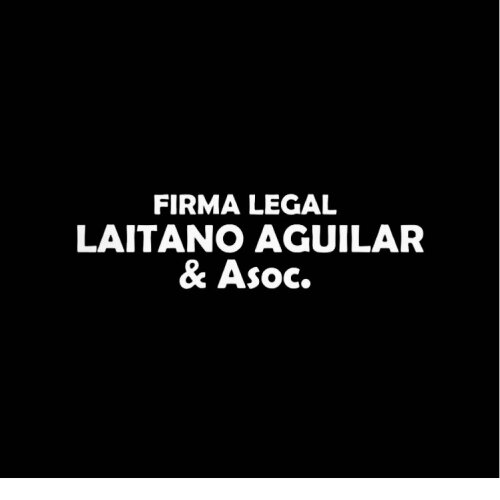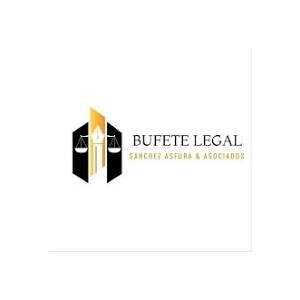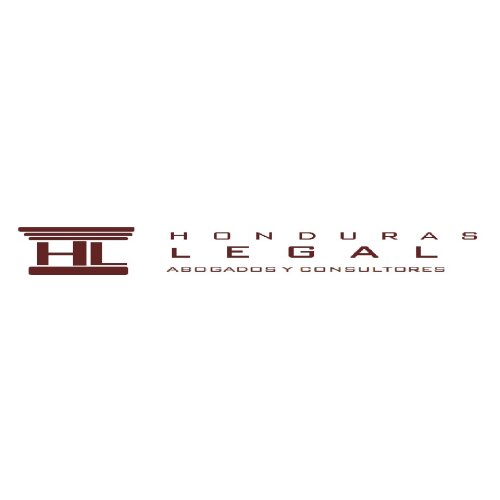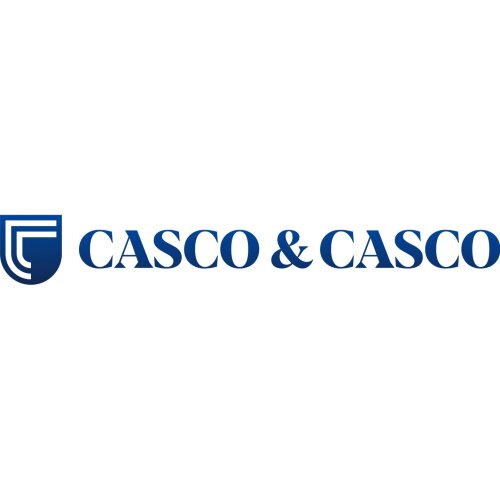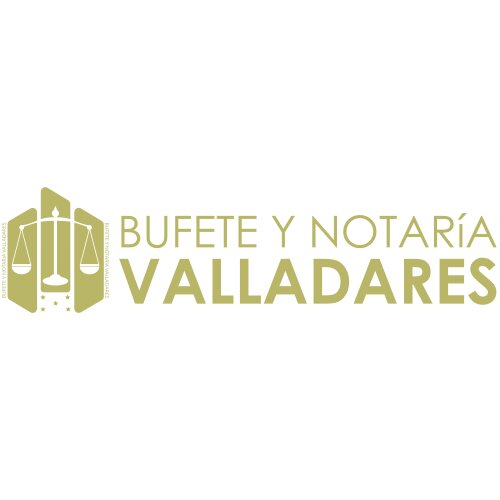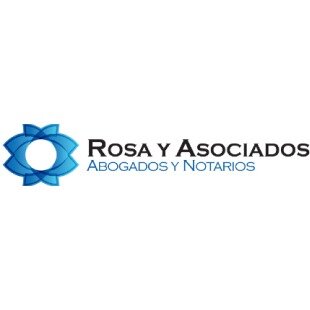Best Nonprofit & Charitable Organizations Lawyers in Tegucigalpa
Share your needs with us, get contacted by law firms.
Free. Takes 2 min.
List of the best lawyers in Tegucigalpa, Honduras
About Nonprofit & Charitable Organizations Law in Tegucigalpa, Honduras
Nonprofit and charitable organizations in Tegucigalpa, Honduras, play a crucial role in addressing social, environmental, and cultural issues. These organizations are primarily governed by the Honduran Civil Code, which outlines the legal framework for the formation, operation, and dissolution of nonprofit entities. They are often established to support various causes, including education, health, human rights, and community development, among others. The growing presence of NGOs (Non-Governmental Organizations) and charitable organizations in Tegucigalpa reflects both local and international interest in fostering social welfare and community development in Honduras.
Why You May Need a Lawyer
There are several reasons why individuals and entities involved in nonprofit and charitable organizations in Tegucigalpa may require legal assistance:
- Formation and Registration: Setting up a nonprofit organization involves compliance with local regulations, including registration and obtaining any necessary permits or licenses.
- Governance: Legal guidance can help with the development of bylaws, articles of incorporation, and policies to ensure effective governance structures.
- Tax Exemption: Understanding local tax laws and how they affect nonprofits, including pursuit of tax-exempt status.
- Contracts and Agreements: Legal advice is crucial when drafting or reviewing contracts, including grants, donations, and partnership agreements.
- Regulatory Compliance: Providing guidance on compliance with applicable laws and regulations specific to nonprofit operations.
- Dispute Resolution: Handling conflicts that arise within the organization or with external parties.
Local Laws Overview
Nonprofit and charitable organizations in Tegucigalpa must comply with several key legislative frameworks:
- Civil Code: Establishes the legal requirements for forming and operating nonprofit organizations.
- Tax Code: Provides guidelines on tax obligations and benefits available to charitable organizations.
- Labor Law: Governs employment relations within nonprofits, ensuring compliance with labor standards.
- Anti-Money Laundering Laws: Mandates due diligence in preventing the misuse of nonprofit funds.
Frequently Asked Questions
What is the process for registering a nonprofit organization in Tegucigalpa?
The process typically involves drafting articles of incorporation, creating bylaws, registering with the Registro de Personas Jurídicas (Registry of Legal Persons), and applying for tax identification numbers.
Are nonprofit organizations taxed in Honduras?
Nonprofits may be eligible for tax exemptions, but they must apply for and obtain this status from the Dirección Ejecutiva de Ingresos (DEI, Executive Directorate of Revenue).
What are the ongoing compliance requirements for nonprofits?
Continued compliance includes financial reporting, audit submissions, and adherence to employment regulations.
Can a nonprofit earn income in Tegucigalpa?
Yes, nonprofits can engage in income-generating activities, provided that the profits are used to further the organization's mission.
How can a nonprofit achieve tax-exempt status?
Achieving tax-exempt status requires an application to the tax authority, demonstrating the organization's charitable purpose and ensuring compliance with applicable laws.
What happens if a nonprofit does not comply with local regulations?
Non-compliance can result in fines, loss of tax-exempt status, or even dissolution of the organization.
Can foreigners establish nonprofits in Honduras?
Yes, foreigners can establish nonprofits but must comply with the same regulatory requirements as local entities.
What is the role of a board of directors in a nonprofit?
The board is responsible for governance, setting policies, and ensuring the organization's strategic and operational objectives are met.
How can a nonprofit handle donations and grant money?
Proper financial management and reporting are essential, adhering to the terms set by donors and ensuring transparency and accountability.
Do nonprofits need to register each project or initiative?
While not every project requires separate registration, significant initiatives may require additional permits or notifications to authorities.
Additional Resources
Several resources can provide support and guidance for nonprofits in Tegucigalpa:
- Dirección Ejecutiva de Ingresos (DEI): Offers information on tax regulations and exemption applications.
- Registro de Personas Jurídicas: Provides guidelines for the registration of legal entities.
- Local Bar Associations: Can help connect you with attorneys who specialize in nonprofit law.
- International Nonprofit Networks: Offer support, resources, and networking opportunities for organizations operating in Honduras.
Next Steps
To seek legal assistance for nonprofit and charitable organizations in Tegucigalpa, consider the following steps:
- Research and identify lawyers or law firms specializing in nonprofit law.
- Contact local bar associations for recommendations and ensure the lawyer's expertise aligns with your specific needs.
- Prepare necessary documents, including your organization's founding documents, financial records, and any correspondence with government agencies.
- Schedule consultations with potential legal advisors to discuss your organization’s objectives and challenges.
- Make an informed choice based on the lawyer's experience, understanding of nonprofit law, and past success in similar cases.
Lawzana helps you find the best lawyers and law firms in Tegucigalpa through a curated and pre-screened list of qualified legal professionals. Our platform offers rankings and detailed profiles of attorneys and law firms, allowing you to compare based on practice areas, including Nonprofit & Charitable Organizations, experience, and client feedback.
Each profile includes a description of the firm's areas of practice, client reviews, team members and partners, year of establishment, spoken languages, office locations, contact information, social media presence, and any published articles or resources. Most firms on our platform speak English and are experienced in both local and international legal matters.
Get a quote from top-rated law firms in Tegucigalpa, Honduras — quickly, securely, and without unnecessary hassle.
Disclaimer:
The information provided on this page is for general informational purposes only and does not constitute legal advice. While we strive to ensure the accuracy and relevance of the content, legal information may change over time, and interpretations of the law can vary. You should always consult with a qualified legal professional for advice specific to your situation.
We disclaim all liability for actions taken or not taken based on the content of this page. If you believe any information is incorrect or outdated, please contact us, and we will review and update it where appropriate.




